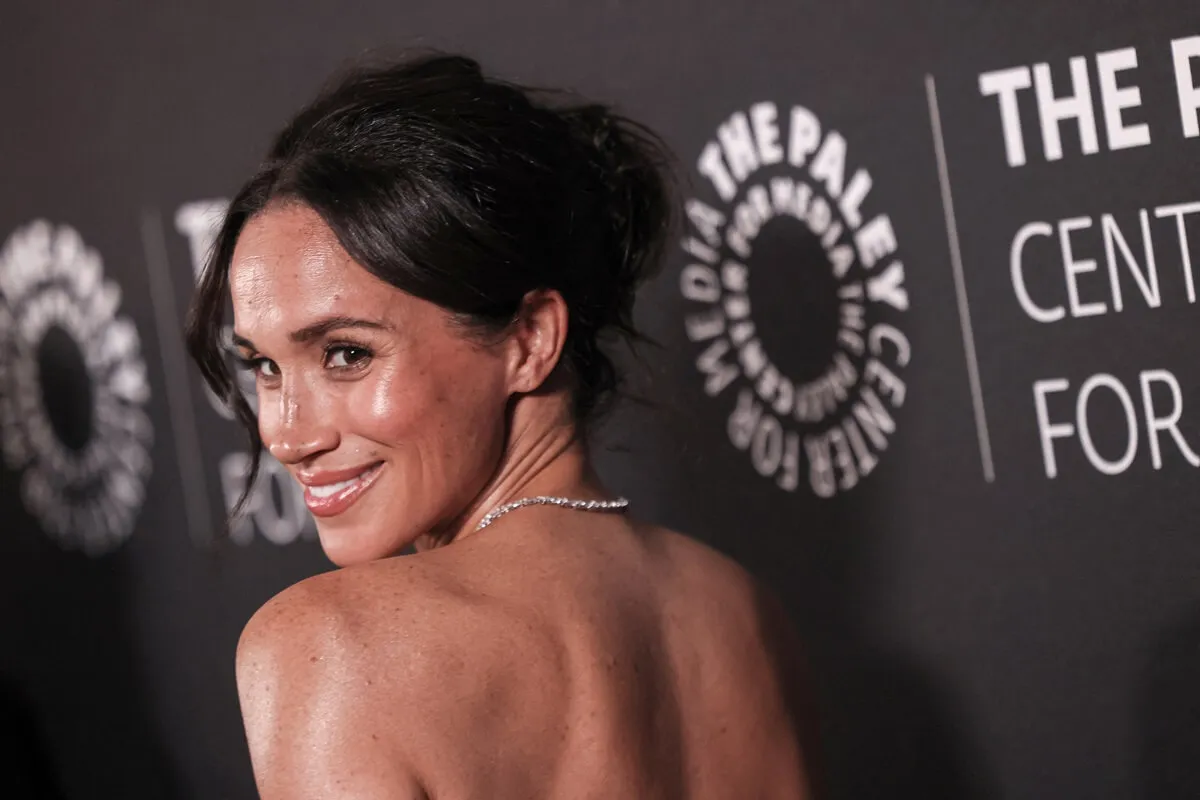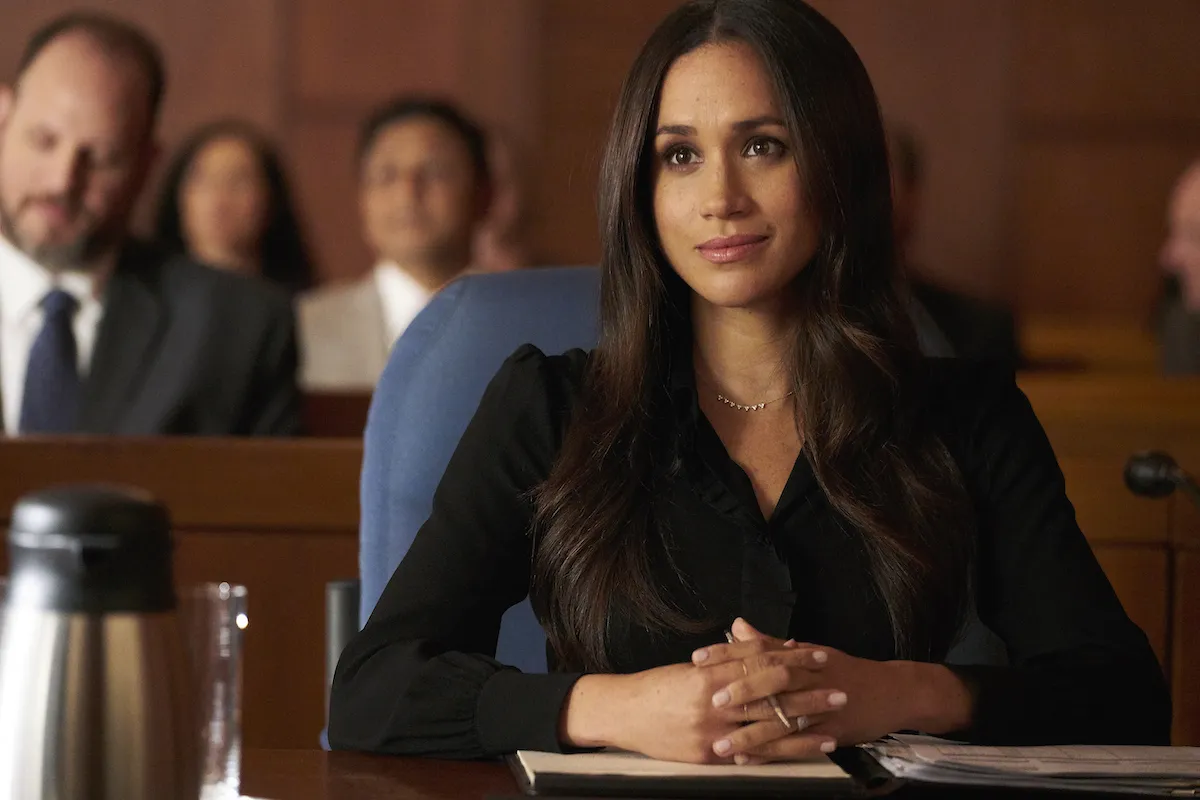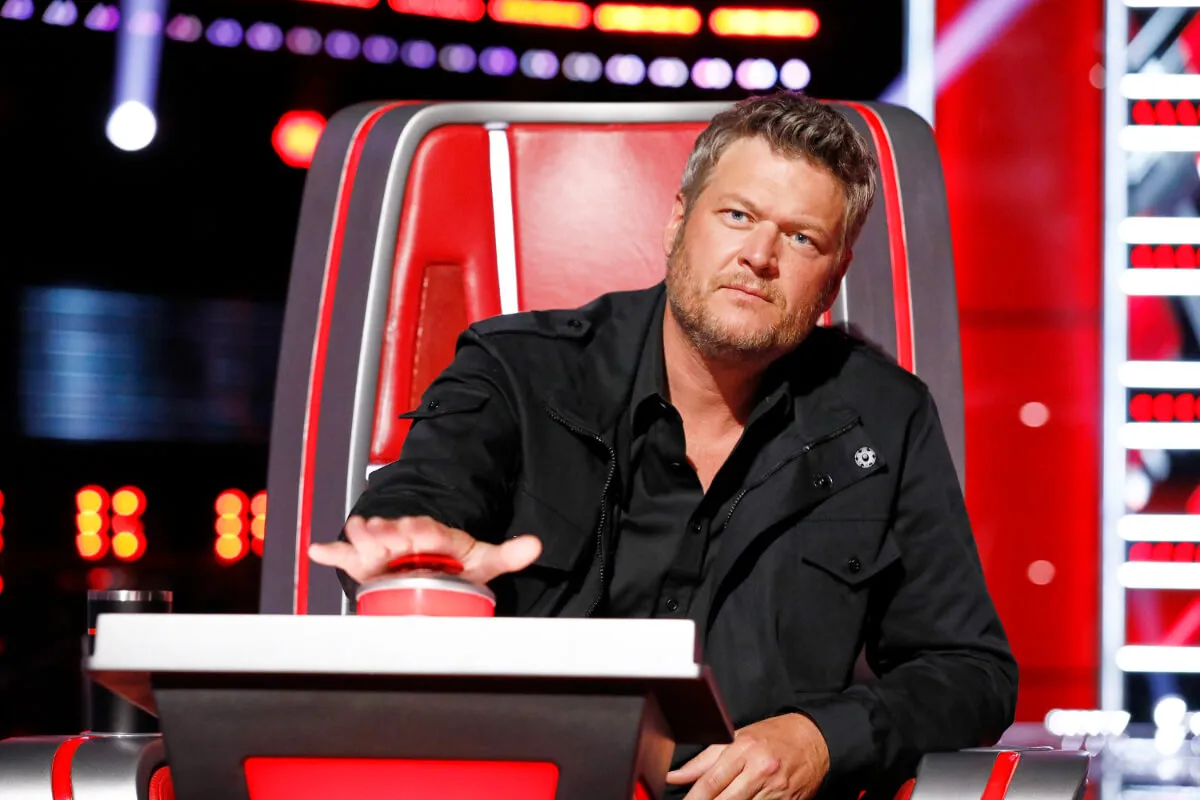Elizabeth Taylor Learned Her Value in Hollywood by Telling an ‘Abusive’ Studio Head to ‘Go to Hell’
Celebrity icon Elizabeth Taylor broke into acting young and discovered her worth as a commodity while she was still a teenager. But how did telling one of Hollywood’s most powerful men to “go to hell” show her the celebrity power she held? And what had he done that made her so angry?
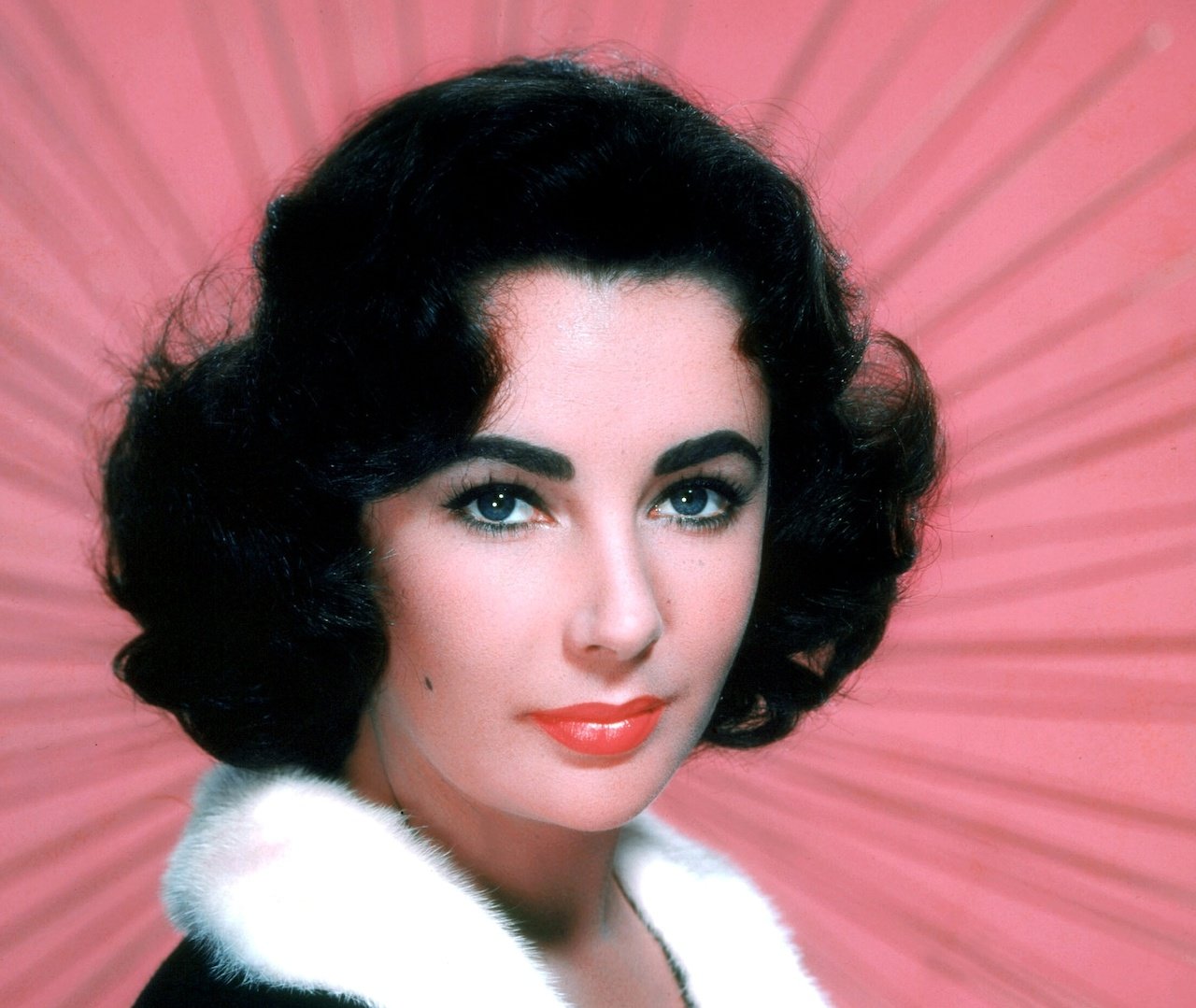
‘There was a certain value to this commodity called Elizabeth Taylor’
In her only interview on The Tonight Show Starring Johnny Carson, Taylor explained how she “realized there was a certain value to this commodity called Elizabeth Taylor.”
It happened after an incident involving her mother and film producer Louis B. Mayer. Notably, Mayer co-founded Metro-Goldwyn-Mayer (MGM) and was therefore one of the most commanding men in Hollywood. Though Taylor was only 15 at the time, she said, “[Mayer] was swearing at my mother and using words that I really had never heard before.”
And Mayer apparently had a reputation for bad behavior, as Johnny Carson assuredly asked Taylor, “He was a tyrant, wasn’t he?”
To her, that was seemingly a bit of an understatement. “Oh, he was foaming at the mouth and carrying on like a lunatic,” Taylor replied, “and he was swearing at her and being so abusive.”
So, the young star eventually erupted. Through pouring tears, she told Mayer, “You and your studio can both go to hell.”
Elizabeth Taylor realized her worth when MGM didn’t end her Hollywood career
After storming out of Mayer’s office, Taylor was encouraged to go back and apologize. But she refused, instead suggesting that Mayer should apologize to her mother. Impressively, she said she never went back to his office again.
“And that sort of made me realize, when they didn’t fire me, that this commodity must have some value to them,” she concluded. “Otherwise, I would have been sacked. And I didn’t care whether that happened.”
Carson then noted the famous line, “That actor will never work in this town again — unless, of course, we need him.”
“Exactly,” Taylor agreed. “I think I learned that when I was 15.”
Elizabeth Taylor’s ‘sure’ sense of identity helped her navigate Hollywood
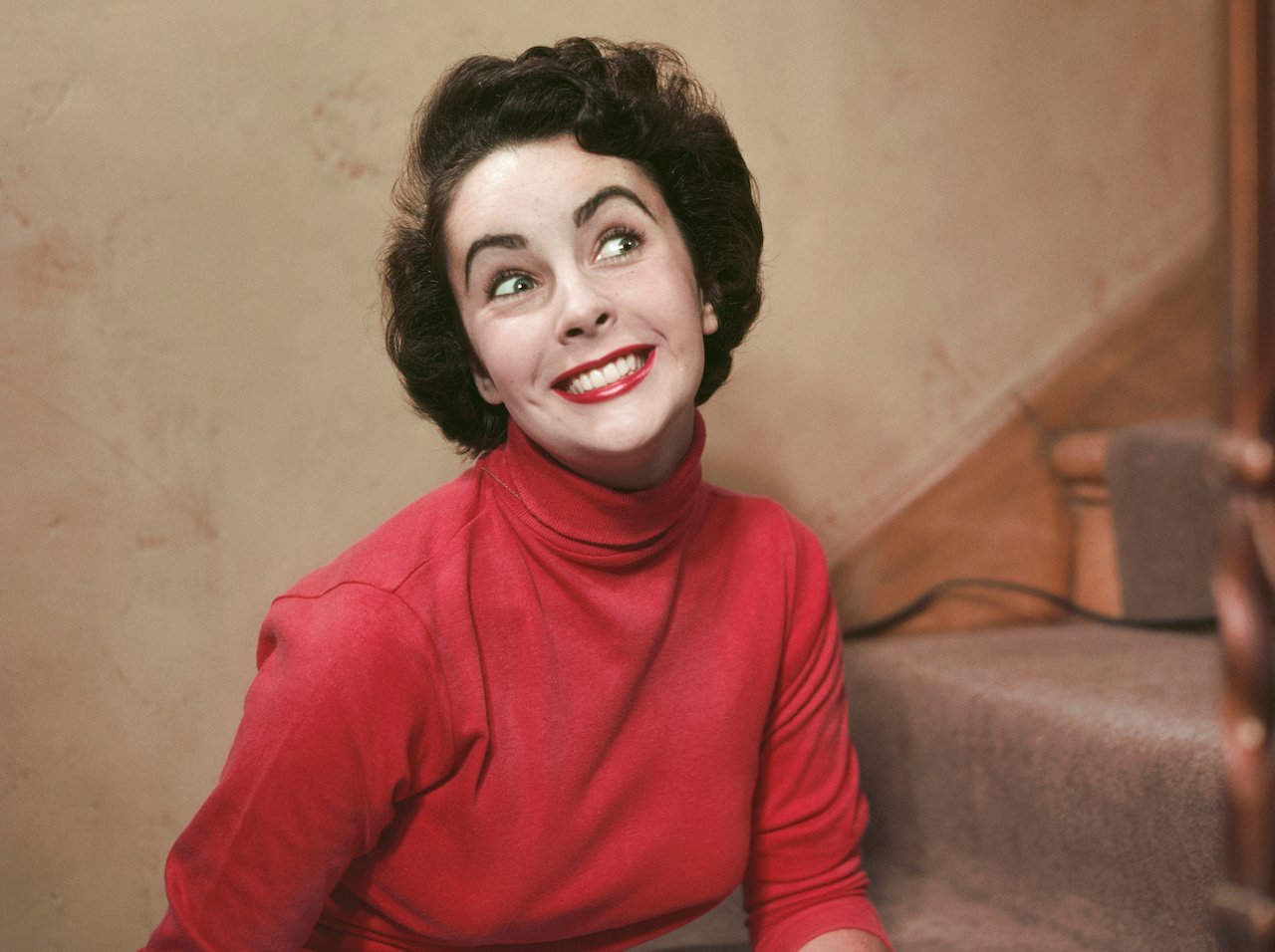
In a Rolling Stone interview from 1987, Taylor spoke more about how Hollywood “utilized” her as a child actor. After making movies at 9 years old, she found the studio more like a factory than a family. But her relationship with her mother and father helped her stay true to herself.
The studio wanted to dye her black hair, pluck her naturally bushy eyebrows, and change her name to Virginia. But she said her parents wouldn’t allow any of it. Their defense of those features seemingly instilled a positive idea of who she was.
“I guess I must have been pretty sure of my sense of identity,” she shared. “It was me. I accepted it all my life and I can’t explain it.”
So, in the end, Taylor knew her value as an individual before she even started acting. But she learned her worth as a Hollywood commodity from that “abusive” experience with Louis B. Mayer.
